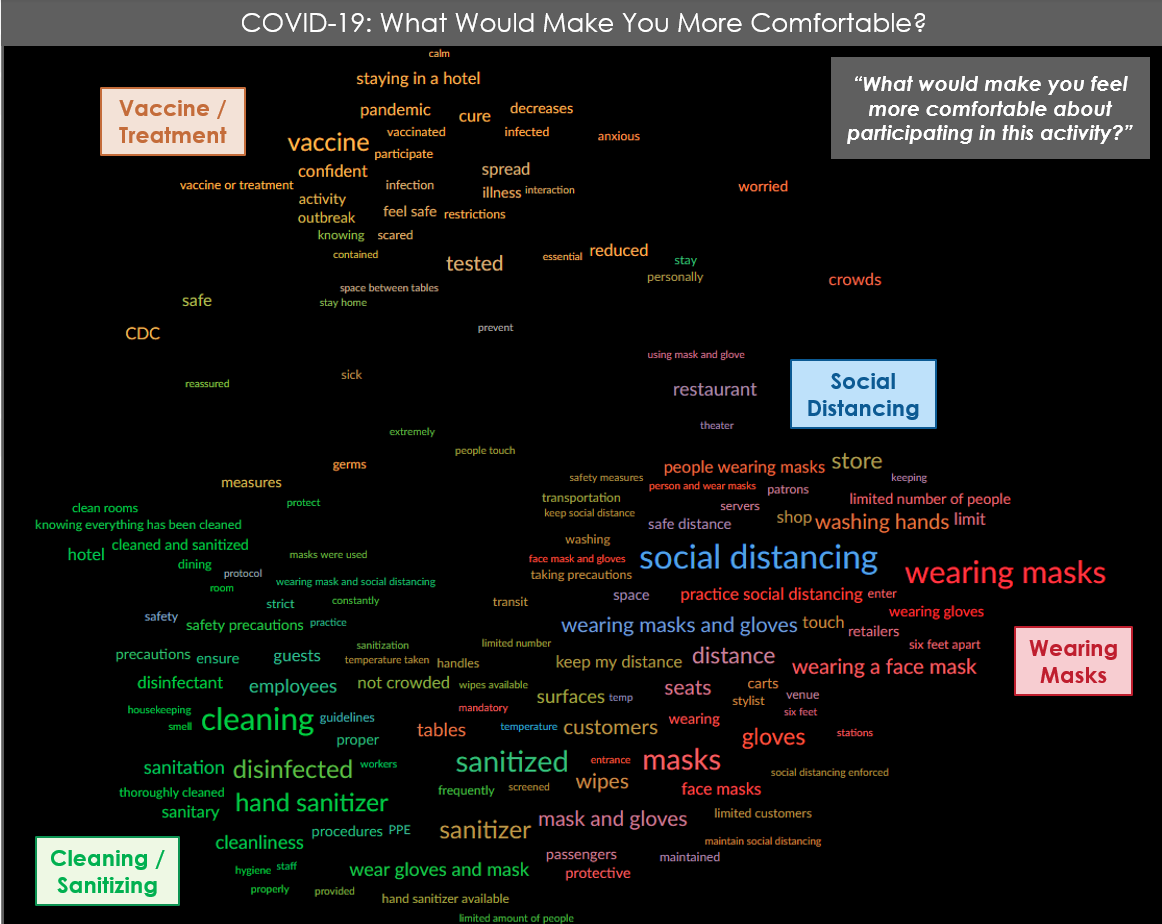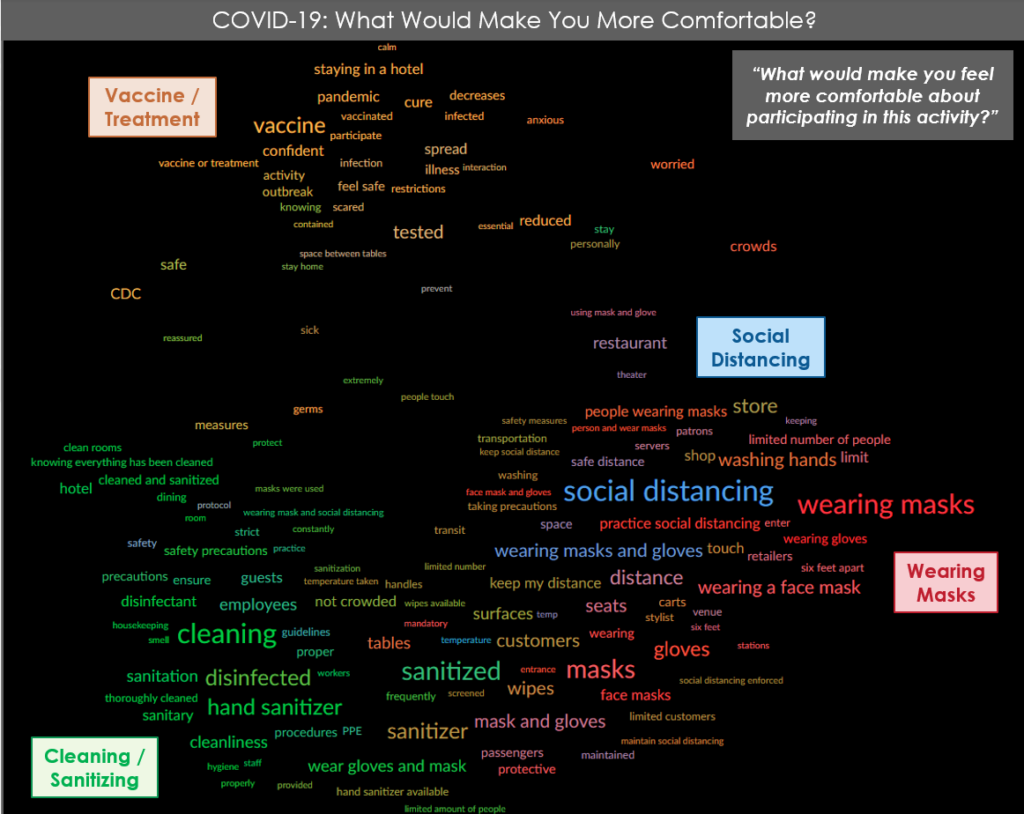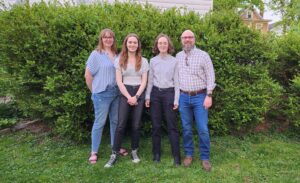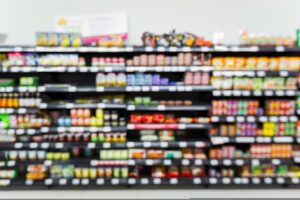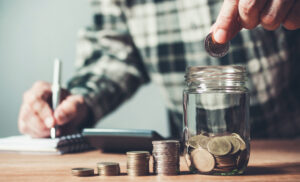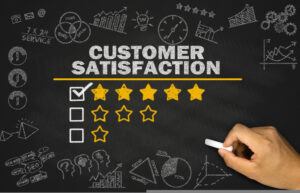For more than a month much the country has been in ‘lockdown’ due to the coronavirus pandemic. Now the process of reopening is beginning, with some states starting to loosen their stay-at-home measures.
As we noted last week, our ongoing research into public perceptions of the coronavirus outbreak shows the public is starting to think about what aspects of public life should be opened up first, while still concerned about participating in those activities themselves. This reveals the tension felt by a public torn between wanting to get back to normal but profoundly worried about the wisdom of doing so in the current environment.
To better understand the nature of these expected changes, we applied our Pathfinder Text Science methodology to open-ended question responses detailing what would make people more comfortable participating in everyday activities like shopping, sending their children to school, or dining in restaurants:
The ‘More Comfortable’ Map reveals what n=893 consumers need to feel more comfortable about returning to everyday activities in the next two weeks.
Note: When reading a Pathfinder Text Science map, the size of a word reflects its overall importance to the data set; its proximity to other words shows the strength of the association between them; and its color reflects its connection to the map’s main themes.
The resulting text science map reveals three key areas that will help consumers feel more comfortable venturing back into public spaces, focused on aspects under individuals’ control, the control of businesses being patronized, and governmental control consumers hope to see in the future:
INDIVIDUAL CONTROL: Wearing masks and practicing social distancing are closely associated with each other (thus their close proximity on the map), perhaps because they’re both interpersonal precautions that consumers themselves can control.
The prominence of wearing masks on the map is interesting given that masks are still optional in most of the country, but perhaps not surprising given the CDC’s guidelines on using face coverings — and the fact that it’s something people can control themselves. The trend is gaining steam, with JetBlue becoming the first airline to require all passengers to wear a face covering and Illinois mandating face coverings starting May 1. Our data suggests that this trend is strongly aligned with public perceptions of safety, and wearing face coverings may become a key aspect of going out in public in the ‘new normal.’
Safer Retail Shopping: “If they provided Clorox wipes at the door, limited the number of people allowed into the store, and required masks and gloves while shopping.”
Safer Mass Transit: “As long as people are still practicing social distancing and wearing face masks.”
BUSINESS CONTROL: Cleaning and sanitizing surfaces and interior spaces will also be a big part of reopening society if consumers have anything to say about it — as evidenced by the strength of the cleaning theme on the map. This may be a bigger factor for restaurants, salons, and other non-retail locations where more person-to-person contact is expected, but it’s likely to impact all aspects of public life in the near future.
Safer Restaurant Dining: “Knowing that the table and chairs have been thoroughly cleaned and sanitized. Knowing that the staff members have all been consciously cleanly handling our food.”
Safer Hotels: “If they provided me with sanitizer and sanitizing wipes to clean with and if clean sheets pillowcases blankets towels and washcloths came in wrapped packages so I could make the beds myself to prevent cross contamination. Also every employee would wear masks and gloves and stay six to eight feet away and all areas around the establishment that encouraged guests to congregate were blocked or limited for the time being.”
GOVERNMENTAL CONTROL: Some consumers, however, are holding out for a vaccine or treatment before they feel comfortable venturing back out into public. For this group, no amount of cleaning or social distancing will make it worthwhile to risk exposure to COVID-19:
“I wouldn’t until all the science and research has been thoroughly completed and it is confirmed there is a treatment for the virus and an effective vaccination. Anything less than that just means that that virus is still out there and that it can continue to spread. I am not willing to take that risk on the whim of economy being resurrected.”
“I will not feel comfortable until the threat of this virus is over because the population has been vaccinated.”
Some businesses are already planning extraordinary measures to increase customer safety, like the Venetian casino in Las Vegas which plans to have an EMT team on-site 24/7 to deal with suspected COVID-19 cases. Not every business has the resources for that level of caution, but their ability to make customers feel safe is going to have a profound impact on every store, restaurant, salon or gym in the country in the coming months. It’s likely that each of us can recall a recent experience with a business that demonstrated an elevated level of care for our wellbeing and that of their employees, and can contrast it to a business that didn’t. Those who are best able to make their customers and workforce feel safe and comfortable are most likely to experience a faster recovery.

